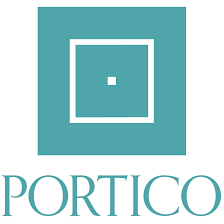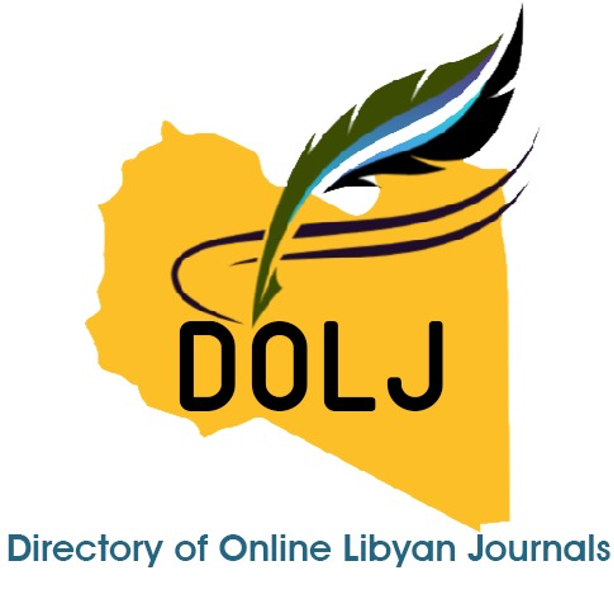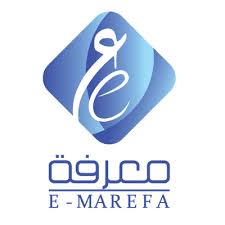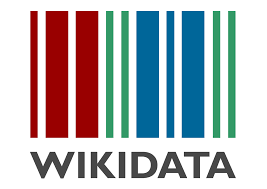Policy on Publication Ethics, Scientific Integrity, and Procedures for Handling Violations
Introduction
Misurata University is committed to upholding the highest standards of publication ethics and scientific integrity across all stages of research and publication. This policy provides a unified framework that defines ethical values, sound practices, and procedural mechanisms for addressing violations, in line with the Committee on Publication Ethics (COPE) and international indexing standards such as Scopus.
1. General Principles
- Honesty and Integrity: Commitment to scientific accuracy and ethical conduct in preparing, reviewing, and publishing research.
- Transparency: Disclosure of author contributions, conflicts of interest, and any funding or support received.
- Fairness and Objectivity: Treating all participants—authors, editors, and reviewers—without bias, and basing scientific decisions solely on research quality.
- Accountability: Each party bears responsibility for their role in the research and publishing process.
- Confidentiality: Respecting the confidentiality of submitted content and reviewer identities.
- Privacy: Protecting personal data and ensuring prior informed consent where necessary.
- Compliance with International Standards: Journals must follow COPE guidelines and use plagiarism detection tools (e.g., Turnitin), maintaining a similarity threshold below 20%.
2. Ethical Conduct Guidelines
- For Authors:
- Only include genuine contributors as co-authors.
- Avoid plagiarism and double submission.
- Disclose any conflicts of interest.
- Provide accurate data; fabrication or falsification is strictly prohibited.
- For Reviewers:
- Maintain confidentiality of the manuscript.
- Provide objective and constructive reviews.
- Decline reviews in case of any conflict of interest.
- For Editors:
- Make impartial editorial decisions.
- Handle ethical violations transparently and institutionally.
- Avoid misuse of editorial power for personal gain.
3. Misconduct Definitions
- Plagiarism: Using others' intellectual work without proper attribution.
- Double Submission: Submitting the same manuscript to multiple journals simultaneously.
- Data Fabrication: Manipulating or inventing results.
- Editorial or Reviewer Bias: Making unethical decisions that compromise the integrity of peer review.
4. Mechanism for Investigation and Handling Violations
4.1 Reporting and Investigation
- Any stakeholder (author, editor, reviewer, reader) may report violations.
- An investigation committee is formed to handle the case confidentially and impartially, in line with COPE flowcharts.
4.2 Formation of the Investigation Committee
- If the accused is an author or reviewer: the committee is formed by the Editor-in-Chief.
- If the accused is an editorial board member: the committee is appointed by the Vice President for Academic Affairs.
4.3 Committee Tasks
- Collect evidence and hear all parties involved.
- Review all relevant documents and screening reports.
- Ensure the process remains confidential and unbiased per COPE procedures.
4.4 Follow-Up Procedures
- The committee prepares a detailed report with findings and recommendations.
- The report is submitted to the competent authority (Editor-in-Chief or Vice President, depending on who formed the committee).
4.5 Possible Sanctions
For Authors:
- Plagiarism or Fabrication: Manuscript rejection, temporary ban from submission, institutional notification.
- Double Submission: Rejection, written warning, possible suspension in repeated cases.
- Data Falsification: Article retraction, public notice, institutional reporting.
For Reviewers:
- Breach of Confidentiality: Permanent removal from reviewer pool, formal institutional notification.
- Unethical Review Behavior: Disqualification from future peer review roles.
For Editors:
- Bias or Negligence: Formal warning, internal investigation, removal from editorial board if necessary.
For Published Articles:
- Retraction of the article.
- Posting a retraction notice on the journal’s website.
- Notification of indexing bodies and affiliated institutions.
5. Right to Appeal and Review Mechanism
Any party involved in a violation case has the right to appeal a decision within the following framework:
- Submission Deadline:
- Within 30 days from the official date of notification via email.
- Submission Method:
- A formal request sent to the journal’s official email or physical office, with justifications and supporting documents.
- Review Process:
- An independent appeal committee is formed by the Vice President for Academic Affairs.
- The appeal is reviewed within 30 days, including a reassessment of the original decision.
- Final Decision:
- The committee issues a final, non-appealable decision.
- The result is officially communicated via the journal’s registered email, and such communication is considered legally binding.
6. Transparency and Communication
- All policies and consequences are published clearly on the journal's website.
- In the event of article retraction, an official public statement explains the reason and procedures followed.
7. Education and Prevention
- Misurata University organizes workshops and training programs for authors, editors, and reviewers on publication ethics and research integrity.
- Clear guidance is made available on each journal's official website.
8. Acknowledgement, Implementation, and Review
- This policy becomes effective upon its publication on the official website of Misurata University's scientific journals.
- Submission of any research to these journals constitutes explicit agreement by all parties to comply with this policy, including disciplinary measures in the case of violations.
- The policy is periodically reviewed to ensure alignment with academic and legal developments.
For legal and ethical standards governing this policy, please refer to the journal’s general Publishing Policies..












